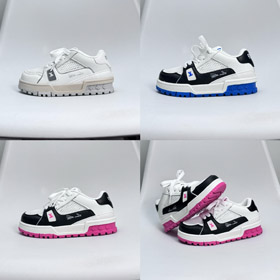Understanding the Green Consumer Mindset
Modern consumers increasingly prioritize sustainability, with recent studies
Sustainable purchases allow consumers to align actions with aspirational self-image while mitigating eco-anxiety prevalent in digital-native generations.
Neuroeconomic Factors in Eco-Conscious Decisions
The "green gap" between environmental values and actual purchasing behavior reveals fascinating cognitive dissonance. Neuroscientific research demonstrates:
| Factor | Impact Level |
|---|---|
| Price sensitivity | High (47% abandon eco-options at ≥15% premium) |
| Visual sustainability cues | Medium (33% conversion increase with proper labeling) |
Effective sustainability marketing must bridge this gap through value-aligned messaging
Opportunities for Brands
Forward-thinking companies leverage these psychological insights through:
- Behavioral nudges (default eco-options in checkout flows)
- Transparent impact storytelling (CO2 equivalents visualized as familiar metrics)
- Community-building (user-generated content with sustainability badges)
Patagonia's "Don't Buy This Jacket" campaign exemplifes psychological mastery, increasing sales while reducing resource consumption—proof that authenticity resonates more than performative eco-marketing.




















